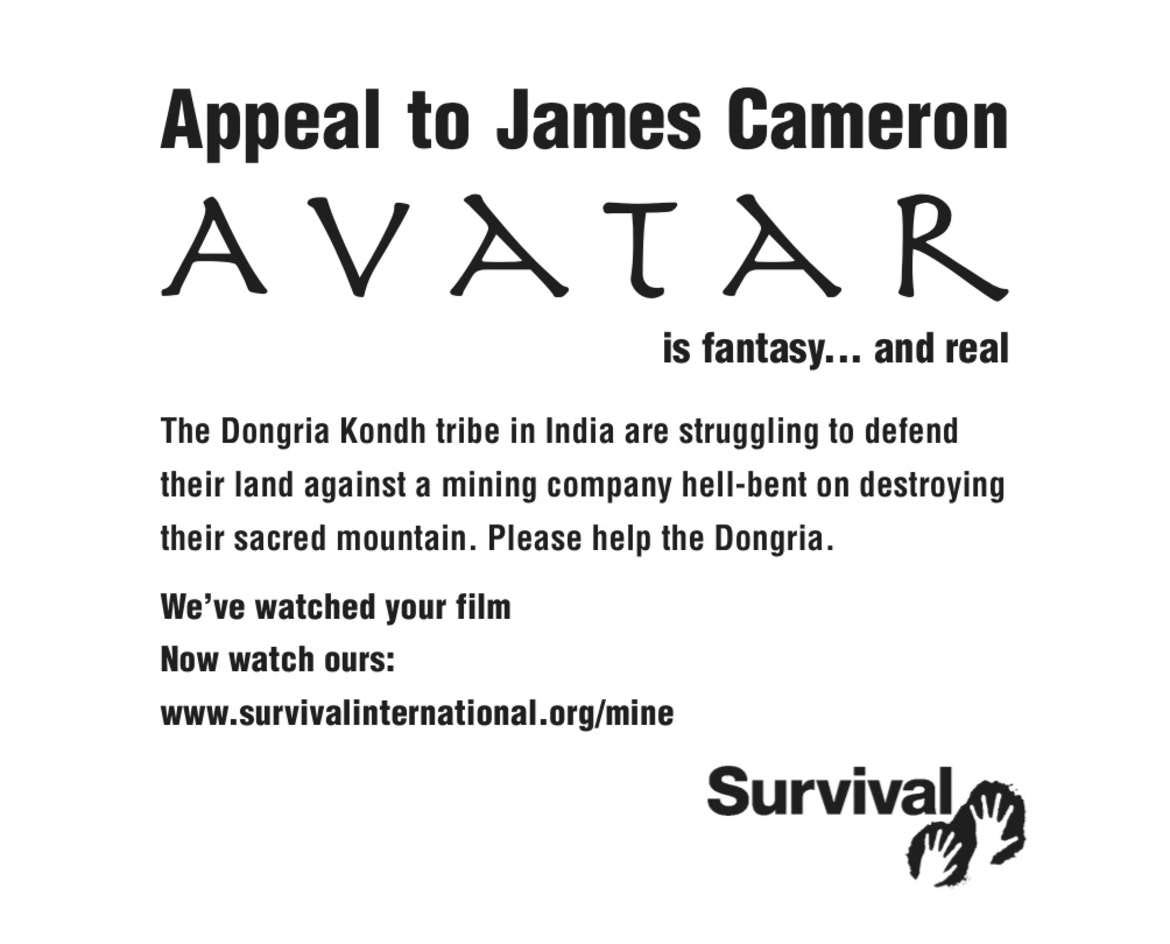The Cultural Acupuncture Model of Fan Activism
Modern fan activism seeks to piggyback off pop culture fandom into mainstream activism.
I briefly discussed real life fan activism in my Livejournal Effect post, and particularly the organization Fandom Forward (formerly known as the Harry Potter Alliance) and its role in pivoting fans’ enthusiasm towards activism.
This is not the old school fan activism of the Star Trek and Star Wars fans, this version of fan activism, “seeks to deploy the larger public's investments in these popular media to get under people's skin and prod them to political action.”
Highlighting what FF founder Andrew Slack calls “cultural acupuncture,” which explicitly attaches activist messaging to popular culture, is essential to recognize it in the wild. This is a brief history of this approach, but it’s a start.
Harry Potter Alliance x Walmart Watch
One of the earliest examples of this type of fan activism is the three part video project called Harry Potter and the Dark Lord Waldemart.
The evil Lord Waldemart killed Harry's parents business. Now Harry must stop him in his attempt to torture House Elves and suck the magic from local communities!
Posted on October 2006, this series was a collaboration between the (then) Harry Potter Alliance and Walmart Watch, which also included a website that urged fans to pledge not to purchase Harry Potter products from Walmart.
The Hunger Games Are Real
Once the last Harry Potter film had come out, there was an effort to expand beyond that fandom, and the result was the Imagine Better Project (IBP), a wing of FF, with the aim to engage non-Potter fandoms in targeted activism.
“The Imagine Better project takes a grassroots approach to harnessing the energy of popular culture, modern mythology and social media for social change. It is a place where we take all of the stories and communities that excite us and turn them into fuel for a better world. Where fans of all stories can join forces to turn the fictions they love into the world they can imagine.”
The Hunger Games was a perfect candidate, and in 2012, in time for the release of the first film, IBP worked with Oxfam on the Hunger Is Not a Game campaign.
Lionsgate were not happy with this campaign and asked Oxfam to cease using the slogan and supporting the campaign on their website. One of their claims was that the campaign was, “causing damage to Lionsgate and our marketing efforts,” which is a highly questionable claim.
However, Lionsgate also claimed that the campaign was “piggybacking off of” the film’s release, which is actually correct. That’s the entire point of cultural acupuncture, after all. Using familiar pop culture to break through and redirect attention to activist causes.
Lionsgate backed down after organized fan backlash, and so the campaign continued.
The next year, in time for the release of Catching Fire, IBP regrouped with renewed energy.
There were multiple phases to this project, including the website Odds In Our Favor, which asked fans to share selfies of themselves doing the three finger salute from the fictional universe.
The purpose was to “take back the narrative” about income inequality and “to raise awareness about economic inequality in our world.”
Later phases of the project included the below video, a meta reminder that the book itself tells its protagonists that their “job is to be a distraction”— just as the fanfare around the film release itself is a distraction.
One of the marketing pushes they opposed in particular was the partnership with CoverGirl that resulted in a tone-deaf Capitol Collection. The Tumblr account Capitol Cuties was created in response to satirize the concept of “capitol looks.”
In time for the 2014 release of Mockingjay: Part 1, the #MyHungerGames campaign was rolled out. The campaign also collaborated with Fight For $15 to support fast food workers, and were asked to distribute information sheets at their local McDonald’s.
For the release of the final Hunger Games film and to coincide with the opening of the Hunger Games Theme park, fake tickets were printed out and distributed at screenings.
Independently of fandom, but supported by the fan campaign, NY Workers Rising used the Hunger Games to promote their cause, seeking to “end the McHunger Games.”
Superman is an immigrant
In the lead up to the 2012 US election, FF was involved in supporting the DREAM Act, and the pop culture tie in came with the release of 2013’s “Man of Steel,” once again intentionally piggybacking off of the launch of the film.
For this, IBP collaborated with Define American, setting up a Tumblr for public submissions from immigrants sharing their stories.
The description blurb reads:
The legend of Superman is a story of immigration: he came to this country as an outsider, and went on to become a national symbol of truth, justice and the American Way. "Superman is an Immigrant" encourages us all to examine our immigrant histories, and inspires us to draw parallels with the Superman story.
Avatar Activism
Independently of fandom infrastructure, Avatar has inspired multiple instances of activism. In February 2010, the UK based Survival International placed an ad in Variety, pleading with James Cameron to support their cause, which reminds me of the way public figures are routinely asked to speak up for causes today.
A few days later, there was a Na’vi protest in the West Bank village of Bi’lin. The description of this event explained that, “the Avatars presence in Bilin today symbolizes the united resistance to imperialism of all kinds.”1
In July 2010, Survival International also donned blue paint to protest the mining company Vedanta’s annual general meeting in London.
Despite being detached from fandom roots, renowned fandom scholar Henry Jenkins covered the Avatar themed protests, and talked of consumers, “highjacking culture for their own purposes,” and that this new form of activism demands, “that we think in creative ways about the iconography which comes to us through every available media channel.”
This was in 2010, and by now, this approach has become the norm rather than the exception.
A similar protest allegedly took place in 2018 as well, but the documentation is difficult to parse through.












Interesting
wen Smurf uprising